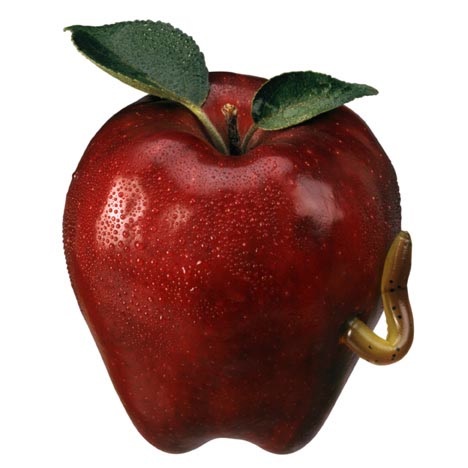Did Steve Jobs being a jerk to underlings help make his products great, or was the meanness something that was withstood because of his genius but unnecessary? Is greatness and kindness a zero-sum game? Can a perfectionist be a nice person? D.B. Grady votes “no” to the latter question with “In Praise of Bad Steve“ in the Atlantic. An excerpt:
“Steve Jobs was a genius, and one of the most important businessmen and inventors of our time. But he was not a kindly, soft-spoken sage who might otherwise live atop a mountain in India, dispatching wisdom to pilgrims. He was a taskmaster who knew how to get things done. ‘Real artists ship’ was an Apple battle cry from the earliest days. Everyone, by now, knows about the Steve Jobs ‘reality distortion field’ — the charismatic Care Bear Stare that compels otherwise reasonable people to spend weeks in line for a slightly faster telephone. In his biography of Jobs, journalist Alan Deutschman described the Apple co-founder’s lesser-known hero-shithead roller coaster. ‘He could be Good Steve or he could be Bad Steve. When he was Bad Steve, he didn’t seem to care about the severe damage he caused to egos or emotions so long as he pushed for greatness.’ When confronted with the full ‘terrifying’ wrath of Bad Steve (even over the slightest of details), the brains at Apple would push themselves beyond all personal limits to find a way to meet Jobs’s exacting demands, and somehow return to his good graces. And the process would repeat itself. ‘Steve was willing to be loved or feared, whatever worked.’ As Bud Tribble, Vice President of Software Technology at Apple explained. ‘It let the engineers know that it wasn’t OK to be sloppy in anything they did, even the 99 percent that Steve would never look at.'”
Tags: D.B. Grady, Steve Jobs

